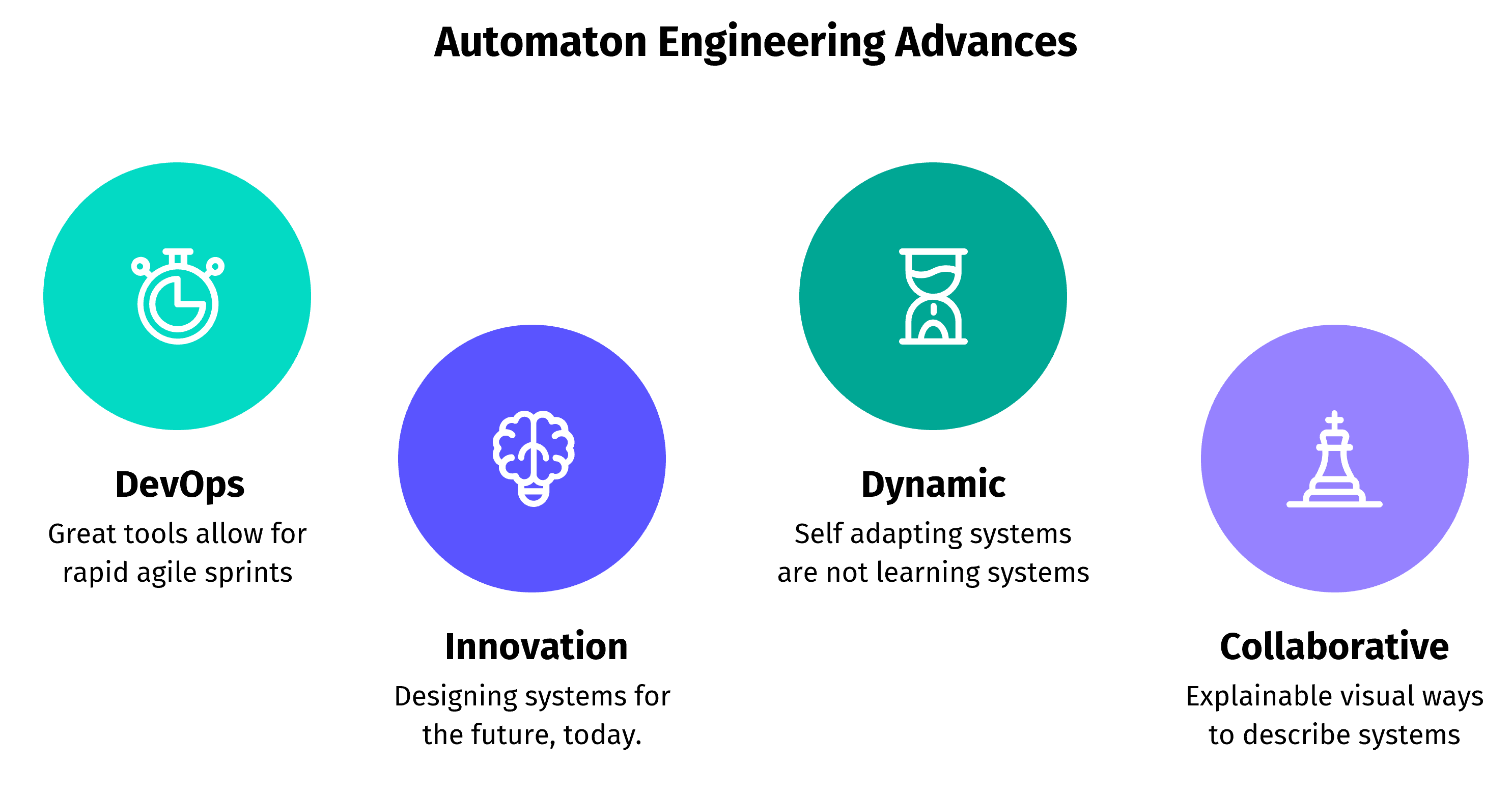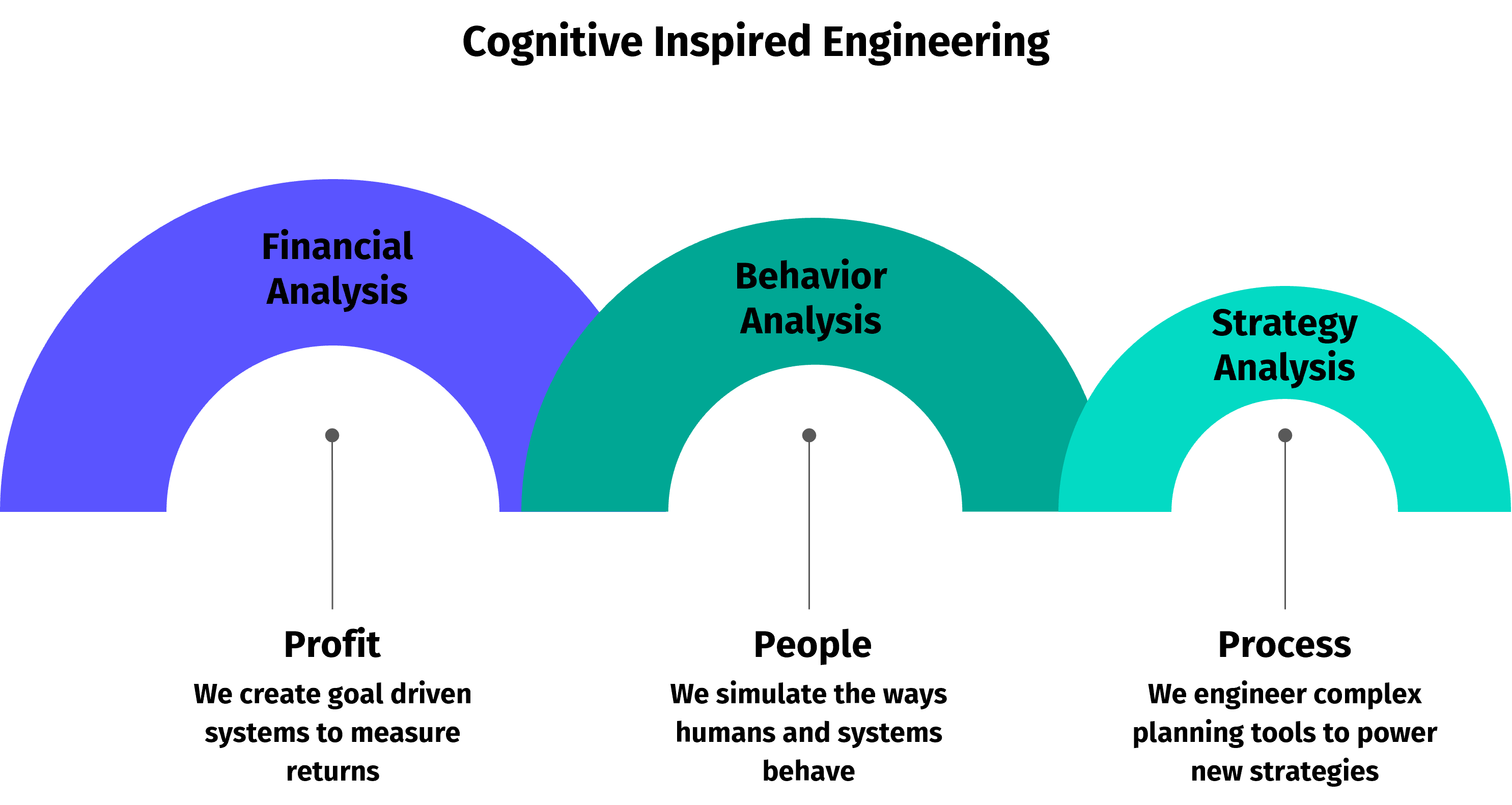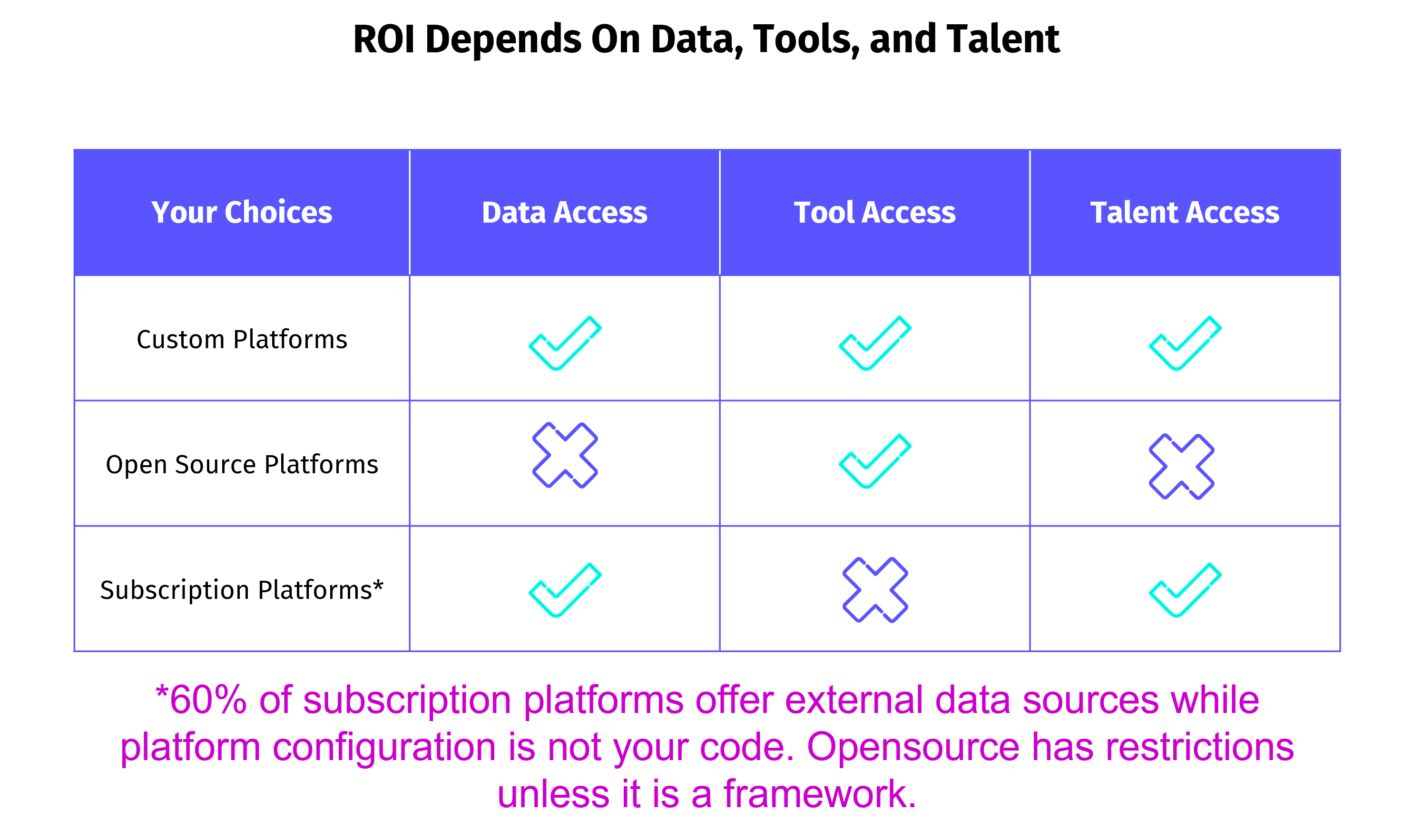Engineering tools make tomorrow real.
Rapid flexible tools to integrate and scale multiple techniques.

Our decades of product engineering experiences range from opensource integrations to custom software languages. In the end, our clients receive elegant well-tested code, but clients thrive when we teach teams how to apply agile sprint methodologies to increase their systems capabilities.

Automation engineering requires an understanding of tool limitations combined with mathematical and philosophical concepts. Tools increase functional capabilities as systems scale from siloed departments to enterprise-wide relevance.
We choose from seven modular engineering tools which share foundational methodologies, matched to a client’s requirements. Our customized workflows are fully integrated or stackable. Agile engineers work in single screen or multiple screen environments to rapidly test and deploy accurate systems. Seamless and efficient development tools effect labor costs and product performance.

The automation engineering approaches we practice can be integrated at development time which increases systems capabilities. Client solutions may require just one approach or all four seamlessly integrated depending on the complexity of solution requirements.
COGSOFT® engineering teams proudly advocate against fully automated complex critical systems, not because these systems are unachievable, but that human-centered strategies ethically require semi-autonomous or human-in-the-loop strategies. Learn more about our human-first ethical position regarding risk to life, financial loss, or property damage.

The most advanced automation techniques engineer human factors such as cognitive science, psychometrics, and even functional neuroscience to mimic the dynamic unpredictable nature of human behavior. We use specialized design thinking strategies to build advanced models often referred to as ‘knowledge engineering’.
Our cognitive strategies simulate behaviors and ways of thinking deployed as digital twins, co-pilots, or associates. These types of systems can monitor vast data, analyze in near real time, recommend novel plans, and control digital environments. What can your system do when it can reason about itself – an audience’s belief, its user’s desire, or its operator’s intent?